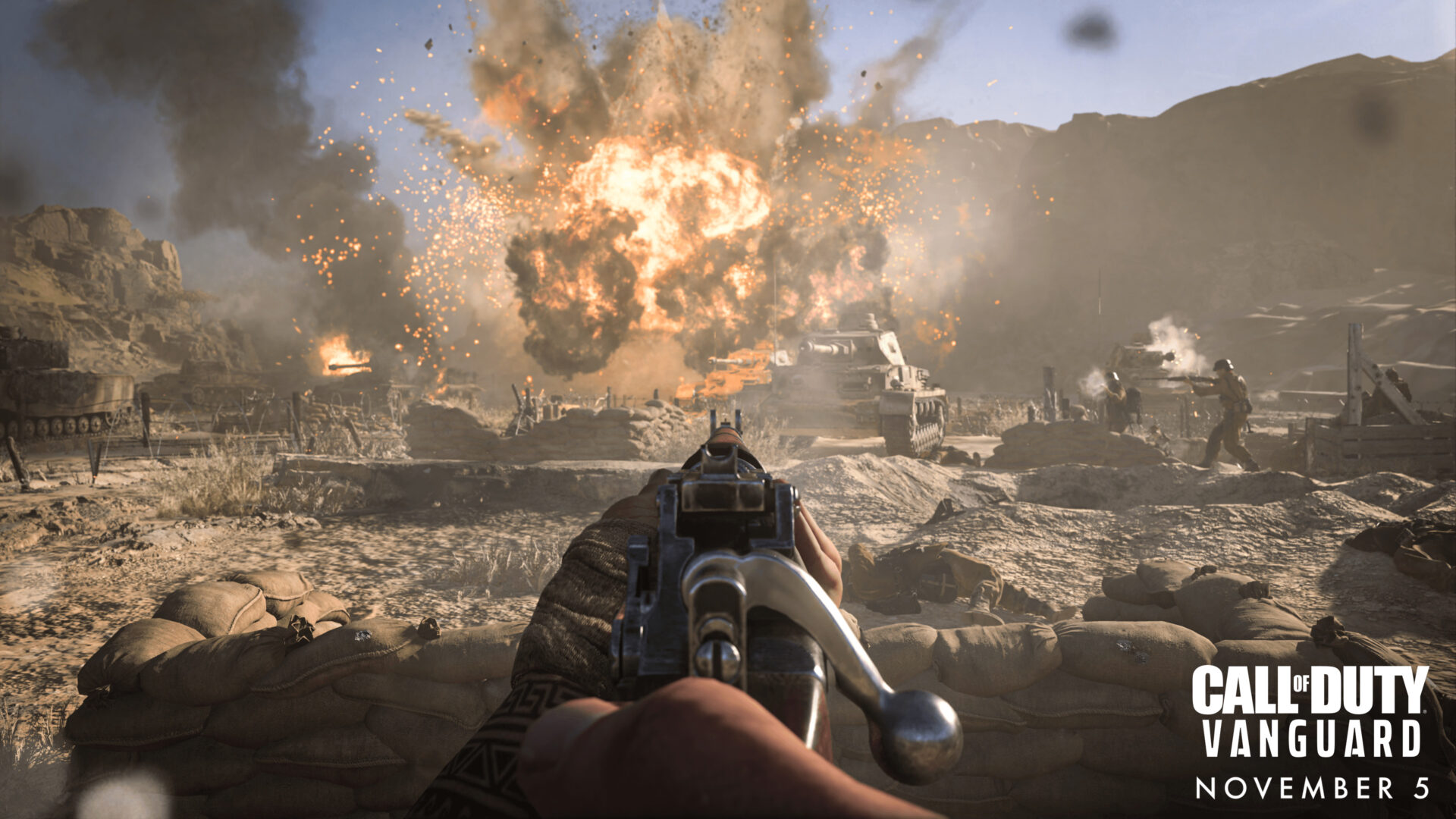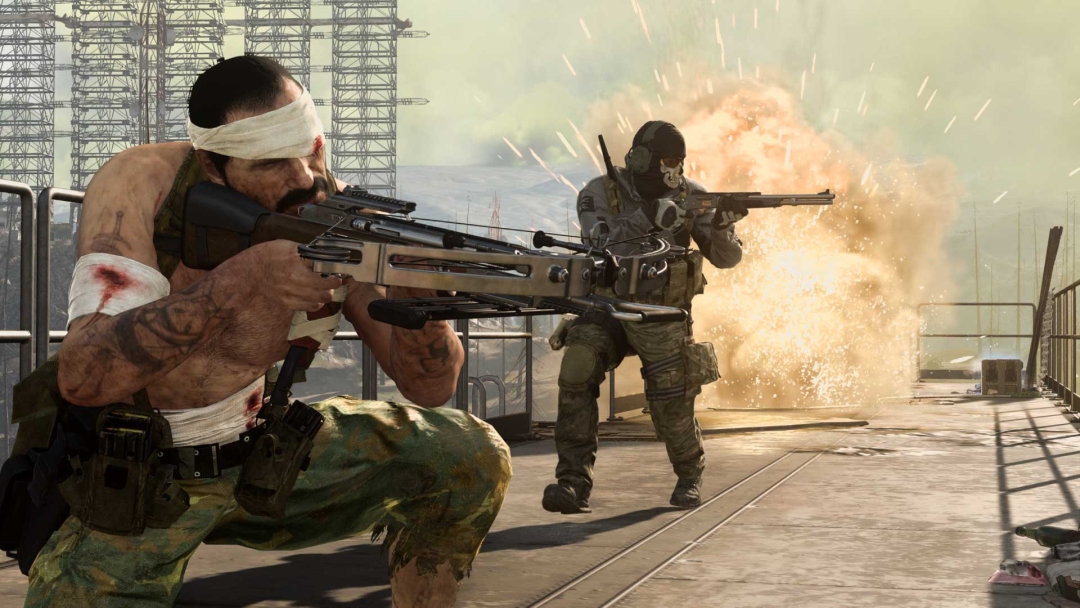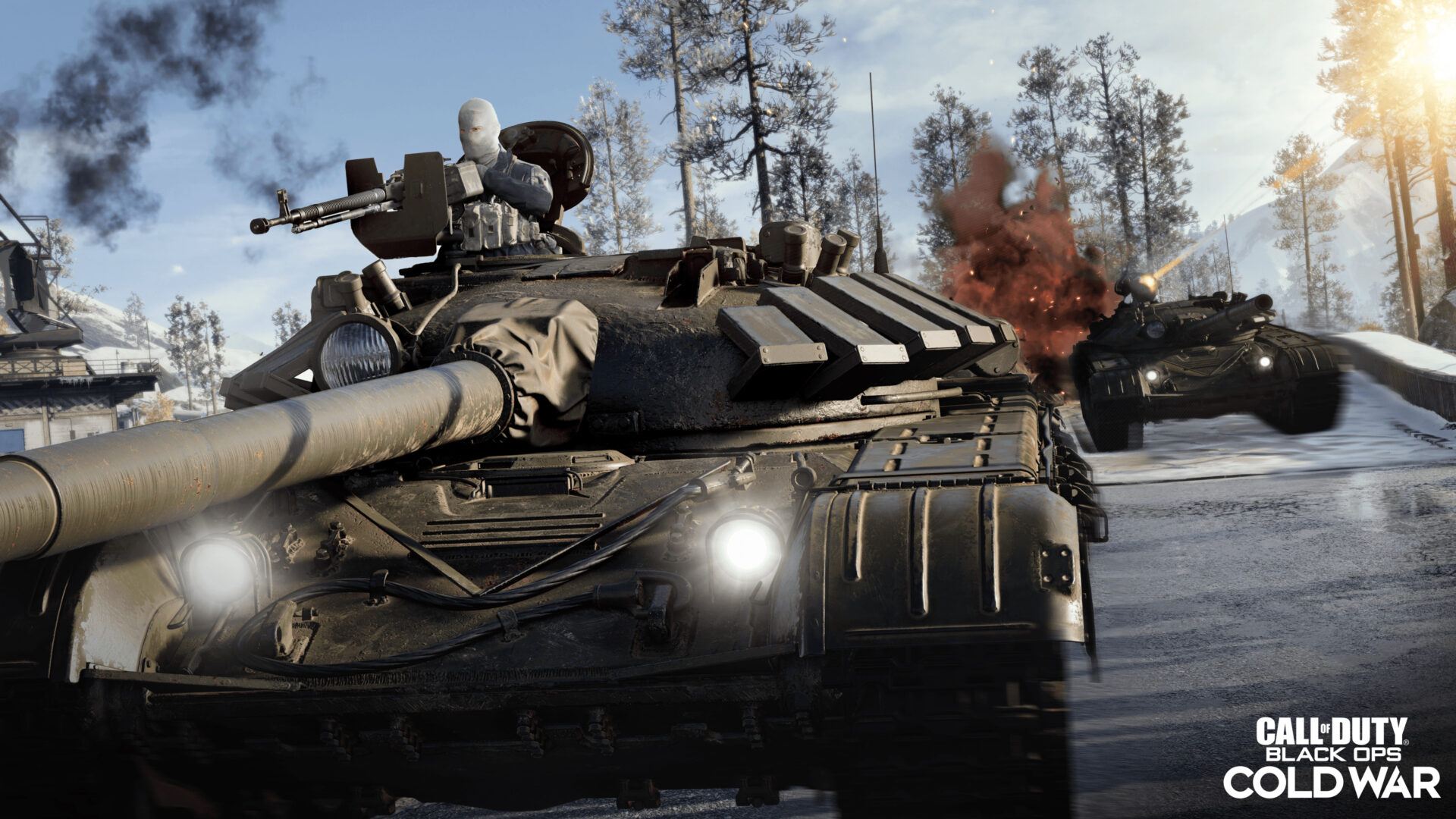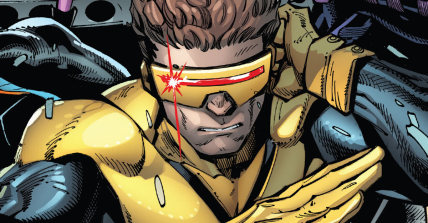Sony Claims Microsoft-Activision Blizzard Deal Will Have “Major Negative Implications” For Industry, Microsoft Insists ‘Call Of Duty’ Will Remain Multiplatform

Sony has some choice words to share over the Microsoft-Activision Blizzard deal, specifically in relation to the mega-popular Call of Duty franchise. While Sony argues it’s one more step towards elbowing PlayStation out of the COD sphere, Microsoft has a different take on the whole situation.

Call of Duty: Vanguard (2021), Activision
Speaking to The Verge in early September, Microsoft Gaming CEO and Xbox Chief Phil Spencer stated Call of Duty would remain on PlayStation for a while yet. “In January, we provided a signed agreement to Sony to guarantee Call of Duty on PlayStation, with feature and content parity, for at least several more years beyond the current Sony contract, an offer that goes well beyond typical gaming industry agreements,” Spencer insisted.
Earlier, Bloomberg reported, citing insiders, that the FPS titan would still be on PlayStation “for at least the next two years.”

Call of Duty: Vanguard (2021), Activision
PlayStation CEO Jim Ryan told GamesIndustry.biz, “I hadn’t intended to comment on what I understood to be a private business discussion, but I feel the need to set the record straight because Phil Spencer brought this into the public forum.”
He continued, “Microsoft has only offered for Call of Duty to remain on PlayStation for three years after the current agreement between Activision and Sony ends. After almost 20 years of Call of Duty on PlayStation, their proposal was inadequate on many levels and failed to take account of the impact on our gamers.”
“We want to guarantee PlayStation gamers continue to have the highest quality Call of Duty experience, and Microsoft’s proposal undermines this principle,” Ryan denounced.

Call of Duty: Vanguard (2021), Activision
GamesIndustry.biz later reported that the UK’s Competition and Markets Authority ruled the acquisition “may be expected to result in a substantial lessening of competition within a market or markets in the United Kingdom.”
They feared the $68.7 billion acquisition could mean Microsoft would be “withholding or degrading” content in Activision Blizzard games and services on non-Microsoft platforms. This was despite the recent announcement of Call of Duty: Modern Warfare 2 having the PlayStation-exclusive Oni Operator Pack pre-order bonus.

Call of Duty: Modern Warfare II (2022), Activision
The CMA were also concerned Microsoft could use its influence in the industry along with Activision’s catalog to “raise barriers to entry and foreclose rivals in cloud gaming services.” In short, they expressed concerns of Microsoft’s deal being anti-competitive.
These concerns stemmed from Microsoft gaining command over major franchises such as Call of Duty and World of Warcraft, giving them the potential of “harming consumers by impairing Sony’s – Microsoft’s closest gaming rival – ability to compete.”

Call of Duty: Vanguard (2021), Activision
The CMA gave Microsoft and Activision Blizzard until September 8th to prove the deal wouldn’t hinder their competition. A similar investigation had already begun with the U.S. Federal Trade Commission. Microsoft said they would work with the CMA, reiterating the spirit of their earlier comments over Call of Duty, and their compliance with CMA.
“We’re ready to work with the CMA on next steps and address any of its concerns,” Microsoft stated. “Sony, as the industry leader, says it is worried about Call of Duty, but we’ve said we are committed to making the same game available on the same day on both Xbox and PlayStation. We want people to have more access to games, not less.”

Call of Duty: Warzone (2020), Infinity Ward, Raven Software
The Financial Times reported yesterday that “Microsoft decided not to offer any remedies at this stage, according to two individuals with knowledge of the situation,” and that the investigation would proceed. They also expect Microsoft will face scrutiny from European regulators, once the deal is submitted to them.
Sony issued a statement to GamesIndustry.biz, saying it “welcomes the announcement” from the CMA. “By giving Microsoft control of Activision games like Call of Duty, this deal would have major negative implications for gamers and the future of the gaming industry.”
“We want to guarantee PlayStation gamers continue to have the highest quality gaming experience,” PlayStation emphasized again, “and we appreciate the CMA’s focus on protecting gamers.”

Call of Duty: Vanguard (2021), Activision
A Microsoft spokesperson also issued a brief statement, in direct response to Sony. “It makes zero business sense for Microsoft to remove Call of Duty from PlayStation given its market leading console position.”
Appearing on CNBC (as quoted by Eurogamer), Spencer was asked further about Sony’s latest comments, and if they would do more to appease them. “I can’t talk a ton about where we are in regulatory [processes] just because of the mechanism that that is,” Spencer noted, but nonetheless continued.

Call of Duty: Black Ops Cold War
“I’ve set out there publicly to our fans and our customers – which is where our strongest commitment is – that our expectation is we’ll continue to ship Call of Duty on PlayStation and other places where people see [it], and hopefully expand the places people are playing all of our games,” Spencer hoped.
“That’s been our goal,” Spencer proclaimed. “We put the player at the centre and through technologies like cloud, shipping day and date on PC, our expectation is the games we’re building will be played by more players going forward. That’s our goal with all the games we’re playing today.”

Call of Duty: Black Ops Cold War (2020), Activision
Spencer was pushed further, as CNBC hosts asked why gamers would buy a Call of Duty title for $70, when they could have it as part of their Game Pass subscription. “When I look at something like Game Pass specifically, I think it’s the output of competition in our market,” Spencer justified.
“We sat back as Microsoft and Xbox and we thought ‘how can we innovate and create value… to players?’ And we came up with a new model for customers building out their library of games, and gamers love it. I think that’s what competition is about.”
“Competition is about driving competitors to innovate,” Spencer rationalized, “driving competitors to do new things like cloud, like subscriptions, like building new intellectual property. And everything we’ve been focused on is how do we compete effectively, how do we deliver more value to our customers.”

Call of Duty: Warzone (2020), Infinity Ward, Raven Software
Despite this, Spencer discussed exclusivity. “Exclusivity of titles has been something which has just been a backbone of our industry for an awfully long time. We made a move a few years ago that when we ship our games we’ll ship them on console and PC.” He emphasized how cloud gaming was available to “anybody with a web browser today. We’re about giving more access to our games to players going forward. That’s our goal.”
“So when we think about exclusivity for us, we’re going to have exclusive titles on Xbox – we do today, it’s part of our platform to drive affinity for what we do – but we want those games to end up being played by more players than they’ve ever been played before, and we build out the technology and innovation to make that possible,” Spencer asserted.

Call of Duty: Warzone (2020), Infinity Ward, Raven Software
What do you think? Let us know on social media and in the comments below.
More About:Video Games









